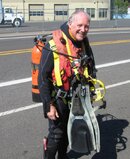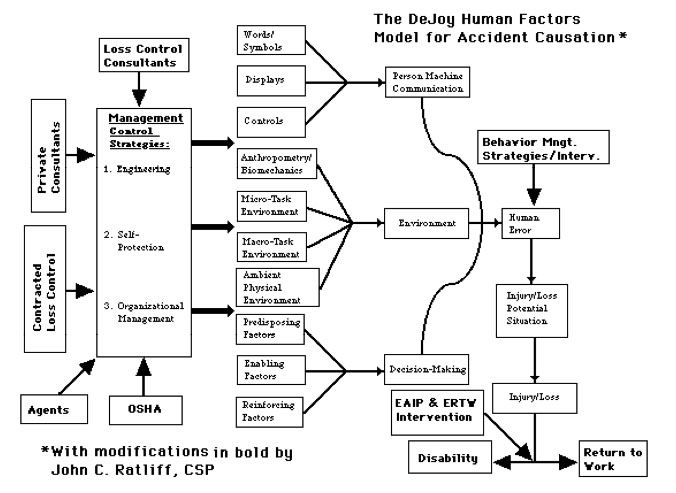
Another distinction I would suggest....regarding "Records" and Explorations and the Pioneer Spirit.
My personal belief on this is that there are a small percentage in the population, with the Explorer Gene....and they are bound to find new territories. I think this is fine, and if you are one of those people, you need to embrace this, and become as good as you can be at your form of exploring.
In diving, there is exploration of cave systems, of deep reefs or wrecks never before seen by man, and what each exploration has in common, is that you are "going to see" a definable physical objective". Also in diving, in what mighyt sound like the risky pursuit of a world record cave dive ( as when George and JJ made it in over 3 miles at an av depth of 280 feet, before turning around and heading back)....is not really risky at all, when this is compared to Depth Records.
In the long cave dive excursion, teams had left large piles of stage bottles all along most of the system, in strategic locations. The exploration team would always have huge back up gas on them, and continue to use the stage drop gas rather than cut into their carried backup gas. The depths were entirely common to them, and the challenges of the depth were only the time that would be needed for deco...
In contrast, with a new Depth Record, as in the Sheck Exley attempt, the real exploration was whether a human could handle the exertion and depth with a given mix...or would they be rendered unconscious or dead by pressures no one before had succeeded in surviving. There was no object of great interest to see..no pyramid from Atlantis, only a point on a depth gauge and a depth in an empty expanse of water. This would be more like Christopher Columbus, purposely sailing to the middle of the Pacific Ocean, to prove that a boat could go this far...but he would see no land --and just turn and come back. I don't believe we ever had any of our great explorers ever do something this foolish---each actually had a real land point they wanted to reach. As is similar in Freediving, you have guys that want to make money or fame, by surviving a breath hold dive to 500 or 600 feet....whatever the current record is, knowing that those that died before in these attempts with cerebral hemorrhages and more, had exceeded their physical potential with their depth record attempts....and worse still, all this would prove or demonstrate is that someone with a freakish genetic potential can either reach this depth, or die trying. It does not suggest anything about man's future in the ocean, and it does not help with any techniques that we may someday use in Aquaculture, and there was no new "land or object", looked for or discovered.
If you knew this person desiring the record depth attempt, and saw them just prior to the dive--how could you not suggest to this person that they might question why they should make such a suicide likely dive?
And if this person used to be smart about their risky behaviors, and some new peer group has them now going for record attempts that this person had previously considered foolish, then what does this tell you about the new peer group? And if this person was to die in the poorly thought out attempt....how is this not partially the fault of the peer group for pushing this person into such a foolish direction ;
In easier terms for most----you are drunk with 2 dozen others at a party--really drunk, and there are 3 people that are real friends, telling you to sleep on the couch...and 4 other people telling you that you don't need to be able to walk--you drive seated, and that you'll be just fine! If the irresponsible 4 manage to convince you that you are OK to drive in this sloppy drunk condition, then their actions helped lead to your resultant death when you don't notice the tree you are driving into at 70mph. Peer groups are a huge big deal to technical divers, and to those with the explorer gene. Having the right friends can make the difference between your life, and your death. That is where this "Don't Dive with Strokes" rule came from....to keep friends away from people like Bowden and his ilk.









